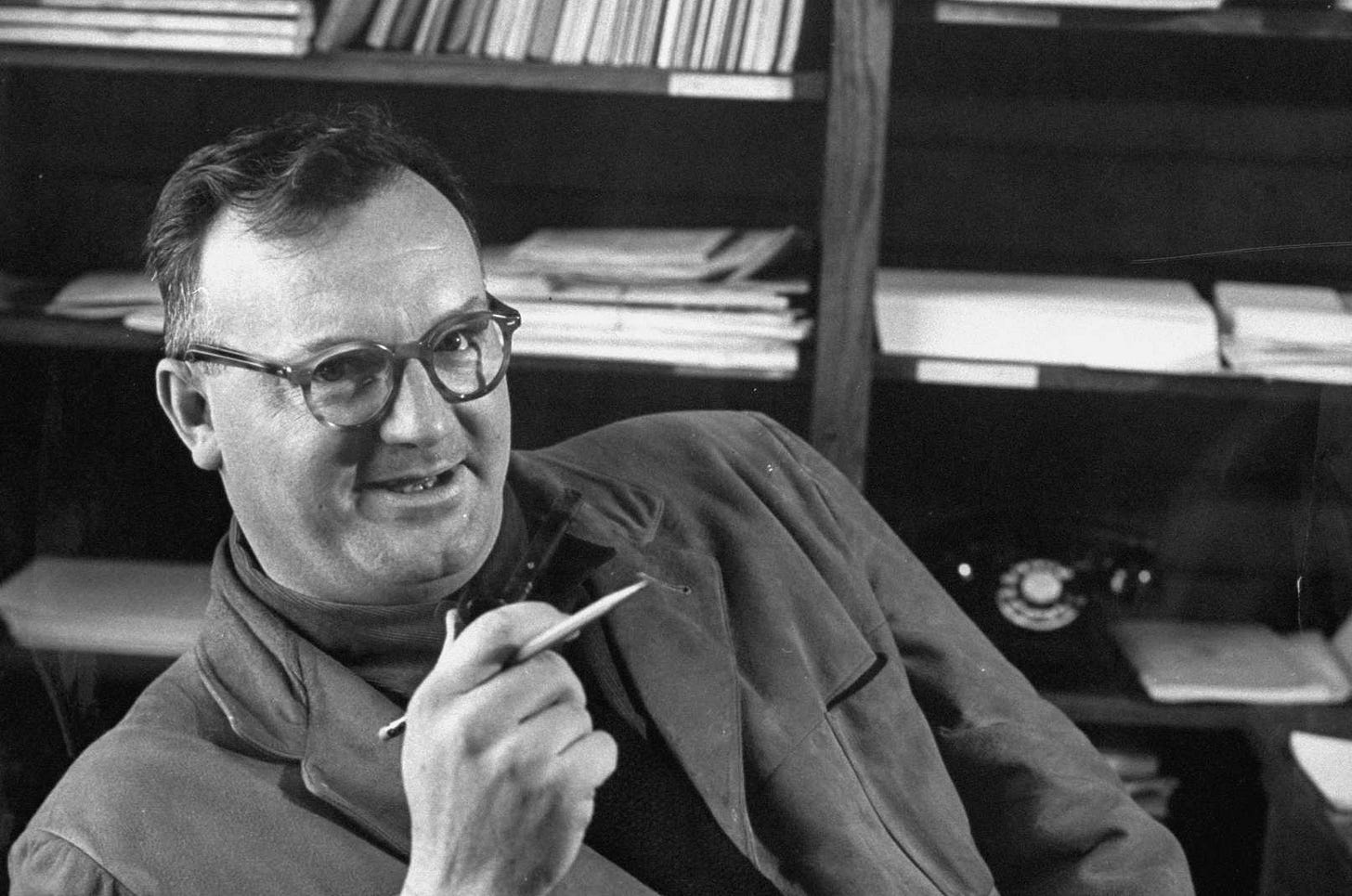Decode Your Life: C. Wright Mills and the Sociological Imagination
The Intellectual Rebel
C. Wright Mills was more than just a sociologist; he was an intellectual rebel, a fierce critic of the status quo, and a thinker whose ideas remain profoundly relevant. He challenged individuals to look beyond their personal experiences and understand the intricate connections between their lives and the larger sweep of history and social structure. His work offers powerful tools for critical thinking and understanding our place in the world.
The Sociological Imagination: Bridging the Personal and the Public
At the heart of Mills' thought is the concept of the Sociological Imagination. He argued that to truly understand our own lives and the lives of others, we must develop this quality of mind. What does it entail? It is the ability to grasp the interplay between individual experience and the wider society, between biography and history.
Mills famously distinguished between personal troubles of milieu and public issues of social structure. Personal troubles occur within the individual and their immediate relations; they are private matters where values cherished by an individual feel threatened. Public issues, conversely, transcend the local environments of the individual; they have to do with the organization of society itself, where values cherished by the public feel threatened.
Perhaps the most fruitful distinction with which the sociological imagination works is between 'the personal troubles of milieu' and 'the public issues of social structure.'
For example, if one person is unemployed, that is a personal trouble. But if, in a nation of 50 million employees, 15 million are unemployed, that is a public issue. Understanding this distinction is the first, crucial step toward genuine critical thinking. It prevents us from blaming individuals for problems that are rooted in the structure of society itself and helps us see the limits and potential of individual agency.
Biography, History, and Structure: The Essential Triangle
Mills provided a core framework for applying the Sociological Imagination: the intersection of biography, history, and social structure. Our individual lives (biography) unfold within specific historical periods (history) and are shaped by the institutions and organizations of society (social structure). To understand why our lives are the way they are – our opportunities, our constraints, our beliefs – we must examine how these three elements intersect. How has the historical context shaped the social structures we inhabit? How do those structures, in turn, shape our personal biographies, our choices, and our challenges?
Unmasking Power: The Power Elite
Never shying away from controversy, Mills turned his critical lens on the concentration of power in American society. In his book The Power Elite, he argued that a small, interconnected group of leaders from the military, corporate, and political spheres effectively controlled the fate of the nation. These were not isolated figures but members of overlapping circles who shared similar backgrounds, interests, and worldviews. This elite, Mills contended, made decisions with profound consequences for the broader population, often without democratic accountability. Understanding this concentration of power is essential to grasping how public issues are often shaped from the top down.
A Critique of the Academy: Grand Theory and Abstracted Empiricism
Mills was also critical of the direction of sociology itself. He took aim at two dominant trends: Grand Theory, which he saw as overly abstract, jargon-laden, and disconnected from empirical reality (associated often with Talcott Parsons), and Abstracted Empiricism, which he viewed as obsessed with methodological minutiae and data collection without addressing significant social problems (often linked to Paul Lazarsfeld). Mills championed instead what he called Intellectual Craftsmanship – a commitment to addressing substantive problems, clarity of thought and language, and the use of sociological tools to engage with urgent public issues.
The Danger of the "Cheerful Robot" and the Urgency of Mills Today
Mills warned of the emergence of the "cheerful robot" – the individual who willingly adapts to the demands of society without critical reflection, content within their narrow milieu, unaware of the larger forces shaping their existence, and unable to connect their personal troubles to public issues. In a world saturated with information yet often lacking critical depth, the Sociological Imagination is arguably more vital than ever.
It offers a way to resist becoming cheerful robots, to question the structures we live within, and to understand how our personal lives are deeply embedded in historical and social contexts. Engaging with Mills' challenging ideas helps reclaim critical thought in navigating today's complex world. For a deeper dive into how these concepts can help us see the world differently, consider exploring further resources like this video analysis:
Conclusion: Embracing Critical Thought
C. Wright Mills provided not just theories, but tools for understanding. By grasping the Sociological Imagination, recognizing the difference between troubles and issues, analyzing the interplay of biography, history, and structure, and remaining critical of power concentrations, we can move beyond passive acceptance. We can begin to decode our own lives and the world around us, fostering a more engaged, aware, and ultimately, more free existence.




Mills and Arendt are perhaps the two MOST relevant thinkers of the past for our time.